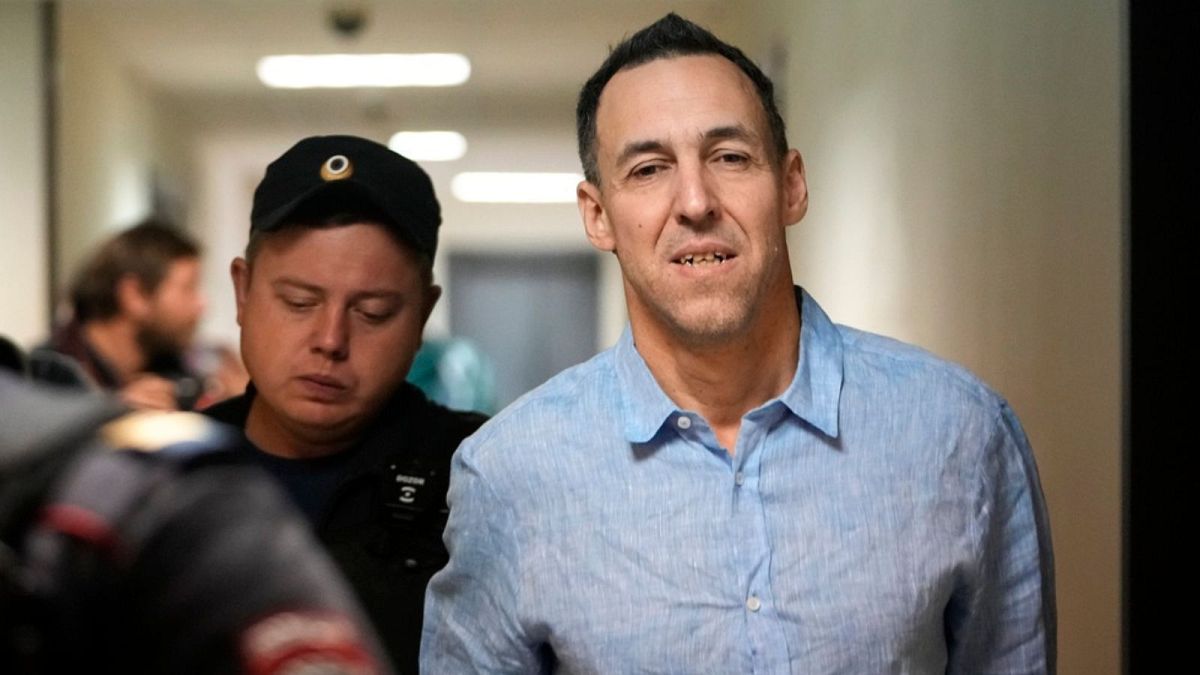Laurent Vinatier, a French citizen, was sentenced to three years in a Russian prison after being convicted of collecting military information by a Moscow court. He admitted guilt and his lawyers asked the court for a fine instead of imprisonment. Before his sentencing, Vinatier addressed the court in Russian, asking for forgiveness and stating his love for Russia. The charges against Vinatier stem from his alleged failure to register as a “foreign agent” while collecting information on Russia’s military activities during meetings with Russian citizens in 2021 and 2022.
The tensions between Moscow and Paris escalated after French President Emmanuel Macron discussed the possibility of deploying French troops in Ukraine, leading to Vinatier’s arrest. Russia accused him of collecting information that could be used against the country’s security. Despite facing up to five years in prison, his admission of guilt and cooperation with investigators were considered mitigating factors. Human rights activists have criticized the law requiring individuals to register as foreign agents when collecting military information, viewing it as part of a broader crackdown on independent media and political activists by the Kremlin.
Vinatier, a political scholar with a focus on studying Russia, has written books and articles friendly to the country. His career has been emphasized by his lawyers as a reason for leniency in sentencing. The Centre for Humanitarian Dialogue, the NGO Vinatier advises for, stated its commitment to doing everything possible to assist him. The increasing frequency of detentions on charges of spying and collecting sensitive data in Russia since the invasion of Ukraine in February 2022 highlights the tight control the Russian government is exerting over information and dissent.
In conclusion, Laurent Vinatier’s case sheds light on the challenges faced by foreign researchers in Russia and the broader crackdown on information and dissent by the Kremlin. The political scholar’s love for Russia and his cooperation with investigators were not enough to prevent his imprisonment, highlighting the strict enforcement of laws governing the collection of military information. The ongoing tensions between Moscow and Western countries, exemplified by the incident involving Vinatier and France, underscore the complexities of international relations and the risks faced by individuals working in sensitive areas. Despite efforts by human rights activists and organizations to assist individuals like Vinatier, the harsh sentencing and legal framework in Russia continue to pose challenges for researchers and activists operating in the country.































